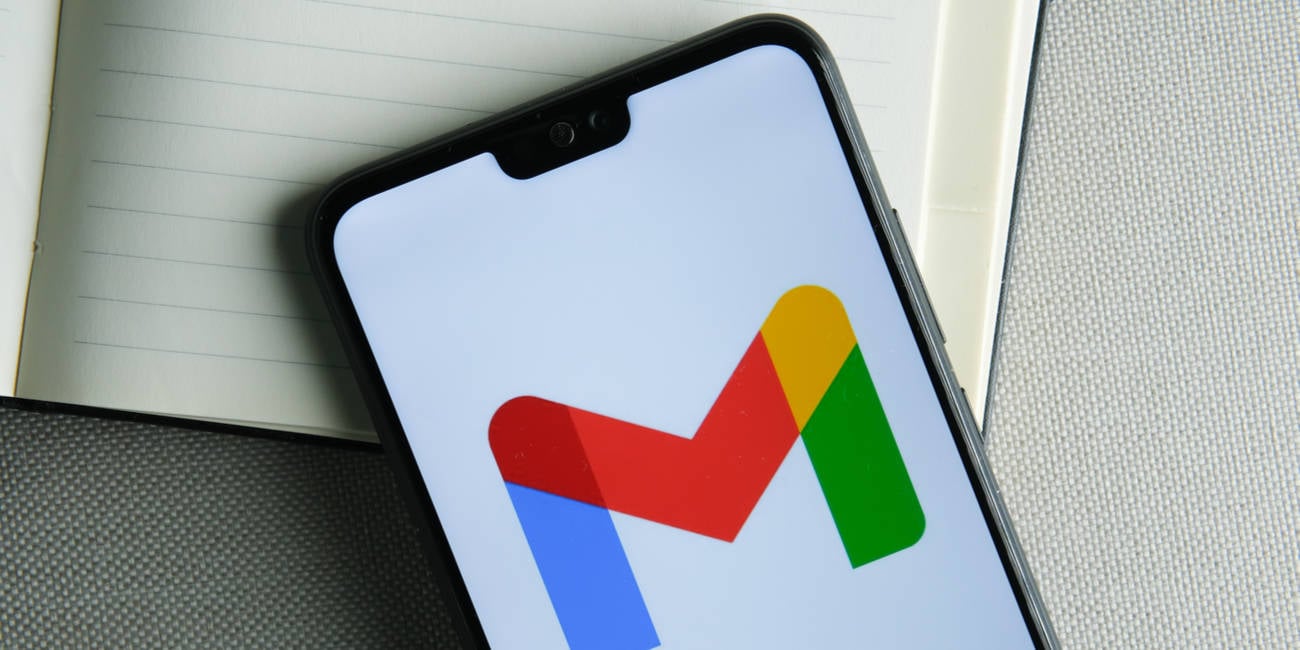Google will discontinue the Basic HTML version of its Gmail service in January 2024.
It’s unclear when Google made the decision to end Basic HTML support – news of which can be found in this support page titled “Use the latest version of Gmail in your browser.” Archive.org’s last capture of the page comes from late 2022, and Google’s own cache has not coughed up info that would identify the date of the change.
The Register asked Google when the decision to end Basic HTML was made, and why.
A spokesperson sent us the following statement:
“The Gmail Basic HTML views are previous versions of Gmail that were replaced by their modern successors 10+ years ago and do not include full Gmail feature functionality.”
Google suggests that not including “full Gmail feature functionality” is the point of the Basic HTML offering. When your correspondent loaded it, Google delivered a warning that it is “designed for slower connections and legacy browsers.”
Intriguingly, when we used Chrome’s Inspect>Network tool to test the HTML page’s load time, it came in at 1200 milliseconds. Full fat Gmail loaded in 700 milliseconds – but then kept loading elements for almost a minute before settling down.
The decision has been criticized by Pratik Patel, who describes himself on Mastodon as “a blind technologist … who finds himself championing #accessibility for fun and necessity.”
“I know many #blind people who use GMail’s HTML view. Not only will they be confused but will be unhappy,” he wrote.
Patel also noted that Google has made Basic HTML view harder to find in recent months – a change he understands now that the feature has been cancelled.
Google is infamous for discontinuing services that – for whatever reasons – don’t meet its goals. Over the years it has killed off favorites like its RSS reader, flops like Wave, projects like Google Code that lost to rival offerings, and invasive ad tech that its peers rejected.
But the Big G has also kept some offerings alive after user uprisings. In 2022, for example, it persisted with the free G Suite legacy edition after fielding many complaints from users who felt they were promised the service would be available in perpetuity.
Google insists it is “committed to making accessibility a core consideration” and lists many accessibility features in Gmail – among them screen reader support and hands-free email.



It’s not about the browser. If you have a really slow connection, normal Gmail doesn’t even load, but HTML Gmail may run very well. They shouldn’t have discontinued it.
Playing devils advocate for a bit, wouldn’t the people worrying about keeping network traffic to a minimum be better off with a proper mail client anyway?
For rhat you need a personal computer. But the people who don’t have a faster internet connection may not have one, sometimes not even a smartphone.
Maybe I’m missing something obvious, but I’m having a hard time thinking of something that could reasonably have slow internet, is not a PC or smartphone, and also modern enough to handle current encryption standards.
A computer at a public library is the closest I’ve come, but I can’t imagine those having such slow connections.
I said personal computer or smartphone. They use friends/family devices. So can’t install apps every time they use.